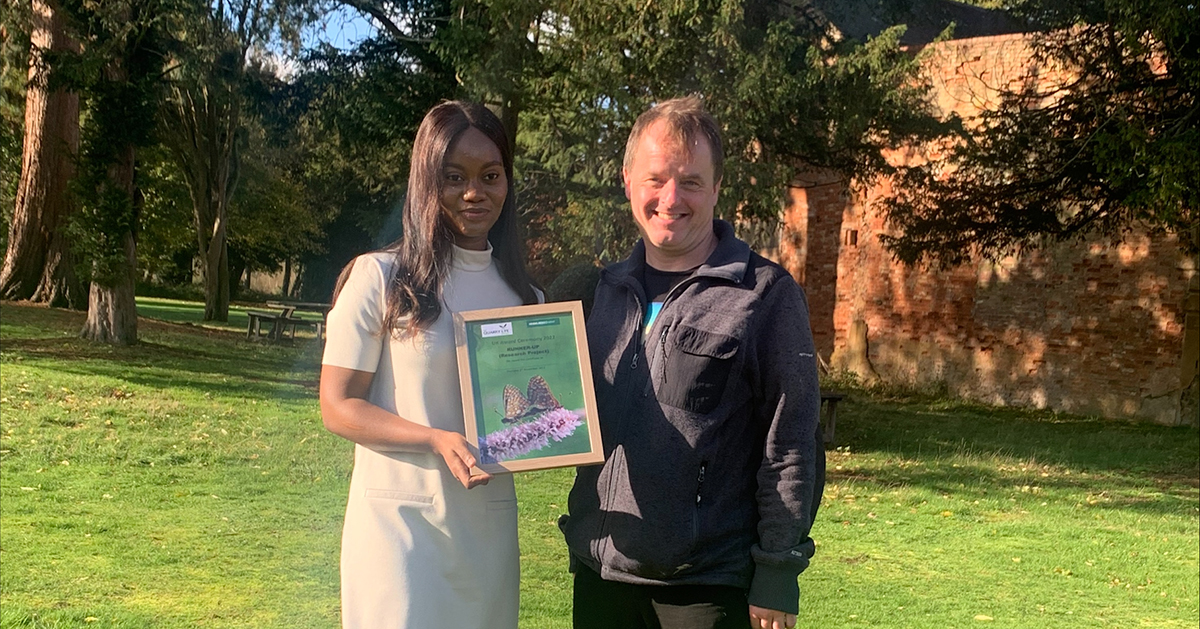Search tips for using our online resources effectively
05/11/2024

When you begin to search the literature for relevant, good quality academic material, it can feel daunting and, at times, overwhelming. However, it need not be like that. Here are a few top tips which we hope will make your experience more rewarding and enjoyable.
- Review questions: define the questions you need to ask to answer your research question and have them to hand when you search the literature. Not only will these questions provide you with keywords to build your search strings, having them fresh in your mind will help you to quickly identify whether a document is relevant to your work.
- Search tips: read the search tips of databases/indexes/search engines you use regularly. This will save you time in the long term.
- Keywords: start noting down relevant keywords and their (sensible) synonyms, e.g., in female gender studies you would not use the term ladies. As you start to search the literature and identify relevant papers, look at the language used by the scholars and note down any additional keywords/related terms. Look at the index/subject terms assigned to each paper by the author/publisher – are there any relevant to your research topic?
- Phrase searching: place double quotation marks around two or more words to make a term, e.g., “systems thinking”. This will return results where “systems thinking” appears as a term. If you do not use double quotation marks, an ‘invisible’ AND will be placed between the two words, e.g., systems AND thinking. This will return results where both words appear in the document but not necessarily in the context you are looking for.
- Proximity operators: these can be used to give two or more words context without making them an exact phrase. The operators will vary according to the index/database you use, e.g., Scopus uses W/n and Pre/n. If you search for ‘systems W/3 engineering’, it will return results where systems appears within 3 words of engineering, regardless of the order of the words. If you search for ‘systems Pre/3 engineering’, then systems must appear first and be within 3 words of engineering.
- Wildcards/truncation: use the ‘?’ wildcard operator where words can be spelt differently, e.g., defence/defense you would search as ‘defen?e’ to return results with both spellings. The ‘*’truncation operator can be used to return variations on words. Simply place the asterix at the end of the root of the word, e.g., ‘comput*’ will return computer, computers, computing, computational, etc. Many resources use wildcards and truncation, but not all, so check your search results are what you would expect them to be.
- Search strings: if you are using synonyms/related terms of words, then group them together in brackets using the OR Boolean operator, e.g., (PPE OR “personal protective equipment” OR “face mask*” OR vi?or*). Using the OR operator will broaden your search and generally return more results.
- AND operator: you can add additional terms to your search using the AND operator, e.g., (PPE OR “personal protective equipment” OR “face mask*” OR vi?or*) AND (Covid-19 OR Coronavirus OR SARS) will return results that have at least one word from the first group of keywords and at least one word from the second, e.g., papers that mention PPE AND Covid-19. The AND operator will generally refine and reduce the number of results.
- Resources: once you have identified your keywords and constructed your search strings, think about where you are going to start your search. To start wide, consider using an index such as Scopus or Web of Science, and/or the Library Search, and/or subject databases such as Business Source Complete, ProQuest One Business, etc. If you are not sure what is available, refer to your Library subject and course guides.
- Chaining (aka snowballing): This is an effective way of expanding your search results. When you identify relevant papers, ask yourself:
- Who are the authors and what else have they published?
- Where are they publishing?
- What references have the authors cited?
- Where have these papers been cited?
- Consider using reference and citation searching tools to expand your search, such as those available in Scopus and Web of Science
There is further guidance on searching the literature on our Library website. If you have any questions or would like guidance on effective searching, please contact your Librarian.
Categories & Tags:
Leave a comment on this post:
You might also like…
Executive Insights: Studying Logistics and Supply Chain While Leading a Business
Q&A with Rory Comerford, Managing Director, Capcon Limited “I chose to study the part-time Executive Logistics and Supply Chain Management MSc at Cranfield to advance my career and gain a deeper understanding of this ...
Too much to do? Can’t get your thoughts down on paper?
Our Study Skills Hub has two sections that may be able to help you! In Time Management we have some great tips on how to manage your time, to prioritise, and de-stress. First of all, ...
How do I cite… quotations from video content in the APA7 style
When you quote from another source in your writing, you would traditionally include a page number in your in-text citation. But what do you do when there are no pages? How would you cite a ...
Using what you read in what you write – Summarising, paraphrasing and quoting other authors
University life involves a serious amount of reading and writing. We study the work of other people to inform ourselves about a topic. When we then re-use that knowledge to create our own work, we ...
Referencing in APA7: Using shortened URLs
As you may be aware, when you are referencing a website or any internet-based source you need to include the source URL. For most conventional reference lists, it is fine to include the URL or ...
Quarry Life and Cranfield Life
It might be thrilling to push yourself past your comfort zone, but it can also leave you feeling anxious and self-conscious. What if this is unsuccessful? What if I'm not as talented as I ...







